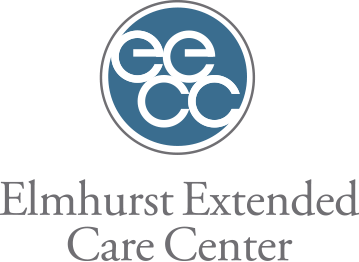7 Immune Boosting Foods for Seniors
As we age, we tend to eat less, and our diets become less varied with the essential foods we need to keep us healthy and at our best. That’s why it’s vital to ensure diets maintain a richness of immune boosting foods for seniors.
We’ve compiled a list of 7 immune boosting foods for seniors and how you can incorporate them into their diets.
1. Spinach
Spinach is packed with a multitude of antioxidants as well as beta carotene, vitamins A and C, fiber, magnesium, iron, folate, and more. Regular consumption of spinach acts as a sunscreen for your eyes, protecting them against age-related macular degeneration.
In order to preserve all the immune boosting effects of spinach, you’ll want to cook it as little as possible. Eating it raw offers full benefit.
Don’t like spinach raw? Try adding it to a smoothie.
2. Yogurt
Yogurt is a great source of immune boosting foods for seniors. It contains vitamin D as well as good bacteria that can allow your body to fight diseases by stimulating your immune system.
However, you have to be careful when selecting yogurt for the purpose of boosting immune systems. Some yogurts have removed the active and live cultures that contribute to the good bacteria in your body.
Make sure the yogurt you select contains lactobacillus, bifidus and acidophilus as these will give you the benefits you’re after.
3. Garlic
Garlic is not just good for giving you bad breath. It’s a powerful contributor in fighting off infections and boosting immune systems. Garlic also helps lower cholesterol levels as well as regulate blood pressure and blood sugar levels.
To reap the benefits of garlic, you’ll want to make sure you’re using raw garlic, not powdered.
Worried about bad breath? Cut garlic cloves into pill size pieces and swallow them instead.
4. Broccoli
Your mom was right when she said broccoli is good for you. In fact, broccoli is a wonderful immune boosting food for seniors. It’s a superfood packed with vitamins and minerals, antioxidants and fiber.
Perhaps most notable, broccoli is rumored to possibly aide in the prevention of cancer.
As with spinach, broccoli is most beneficial when consumed raw or only slightly cooked to maintain all the nutrients.
5. Blueberries
They might be tiny, but they pack a powerful punch. Blueberries should be a staple in nearly every diet containing immune boosting foods for seniors as they are low in calories and high in nutrients.
Blueberries also aide in cardiovascular health and may improve memory care.
Eat them by themselves, add them to your cereal, or team up to boost your immune system by adding them to your yogurt. Just be sure to always wash your blueberries (and any other raw fruits and vegetables) before consumption.
6. Almonds
Vitamin E is a key ingredient to a healthy immune system, and almonds are loaded with it. However, vitamin E can’t be absorbed properly without the presence of fat. Fortunately for you, almonds contain healthy fats that allow the vitamin to be absorbed properly.
It doesn’t take a lot to reap the benefits of almonds as an immune boosting food for seniors. Just one, half-cup serving of whole, shelled almonds provides almost 100% of the daily recommended intake amount.
7. Green Tea
While you may not physically chew it, green tea is another great source for antioxidants that enhance immune function. It also makes our list for 7 immune boosting foods for seniors because of its suggested ability to kill influenza viruses.
When preparing green tea, make sure not to add milk to it as the polyphenols (the part that may aid in killing off influenza viruses in your body) will bind to the proteins in the milk, rendering it ineffective.
So go ahead and wash down our previous six immune boosting foods for seniors with a nice, hot cup of green tea!
If you’re looking for long term care or a short term care facility with skilled nutritionists that know how to properly implement immune boosting foods for seniors, contact us. We’re happy to discuss the nutrition we implement for our residents with you!




